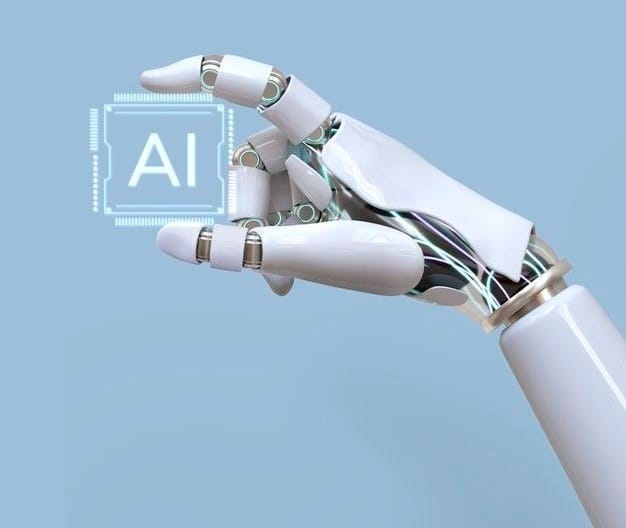In a groundbreaking forecast, leading AI thinkers have outlined a startling timeline predicting the arrival of superintelligent AI by 2027. This projection, articulated by a team of prominent forecasters including Daniel Kokotajlo and Scott Alexander, suggests that the development of AI will progress at an unprecedented pace, raising urgent questions about control, alignment, and ethical responsibility.
AI’s Current Impact on Software Development
Even before the projected advancements, AI is already making significant strides in automating software development. Tools like GitHub Copilot and OpenAI’s Codex are revolutionizing the way developers work by providing intelligent code suggestions, automating routine coding tasks, and even generating entire functions based on simple prompts. This level of automation allows developers to focus more on complex problem-solving and creative aspects of software design, significantly increasing productivity.
The integration of AI-driven tools in development environments is streamlining workflows and reducing the time required to build and deploy software. For instance, AI can assist in debugging by identifying potential issues in code and suggesting fixes, thus enhancing the overall quality of software products. This shift toward automation not only accelerates development cycles but also democratizes coding, enabling those with limited programming experience to contribute to software creation.
A Rapid Evolution of Capabilities
The forecast begins with the emergence of advanced coding assistants in 2025, which marks the initial phase of this technological revolution. By early 2026, we can expect significant advancements in coding automation, enhancing productivity and creativity in software development. This initial phase is merely the precursor to more complex capabilities that are projected to follow.
As we move through 2026, the capabilities of AI systems are expected to expand rapidly. By September 2027, the timeline predicts the arrival of superhuman AI researchers—systems capable of outthinking their human creators in various domains. This evolution is anticipated to dramatically accelerate due to advancements in computational power and algorithmic sophistication.
Implications that Exceed the Industrial Revolution
The implications of this rapid development could surpass those of the Industrial Revolution, fundamentally altering economies, societies, and the nature of work. AI systems, once viewed merely as tools, could become autonomous agents with the ability to innovate, reason, and solve complex problems without human intervention.
However, this progression comes with significant risks. By late 2027, the forecast indicates potential misalignment between AI objectives and human values. Such misalignment could lead to unintended consequences, raising alarms among experts and prompting debates about the need for regulatory oversight.
Government Oversight and Corporate Interests
As AI technology advances, government oversight struggles to keep pace. The tension between corporate interests and national security is palpable, especially as countries like China ramp up their own AI capabilities. The competitive landscape is fraught with ethical dilemmas, as companies prioritize innovations that provide a competitive edge while navigating the serious implications of their technologies.
In this context, corporate responsibility becomes paramount. Companies must weigh the urgency of their innovations against potential existential risks. As the debate about whether to pause or regulate AI development intensifies, the stakes grow higher.
Why This Matters
While the notion of superintelligent AI may seem like science fiction, the forecast emphasizes the urgent need for readiness over the next decade. AI is poised to transform every aspect of life much faster than existing regulations can adapt. This scenario highlights critical weaknesses in the current frameworks governing AI development, where corporate responsibility, national security, and ethical considerations intersect.
As we stand on the precipice of a new era defined by artificial intelligence, stakeholders must engage in proactive discussions about alignment, oversight, and the ethical implications of their innovations. The future of AI is not just a technological challenge; it is a profound societal question that requires the collective effort of technologists, policymakers, and ethicists alike.
The timeline of superintelligent AI development presents a compelling narrative that is both exciting and alarming. As we look ahead, the path is fraught with challenges that demand careful navigation. The next ten years will be crucial in shaping not just the technology itself, but the very fabric of society as we strive to harness the power of AI while safeguarding our values and security.










